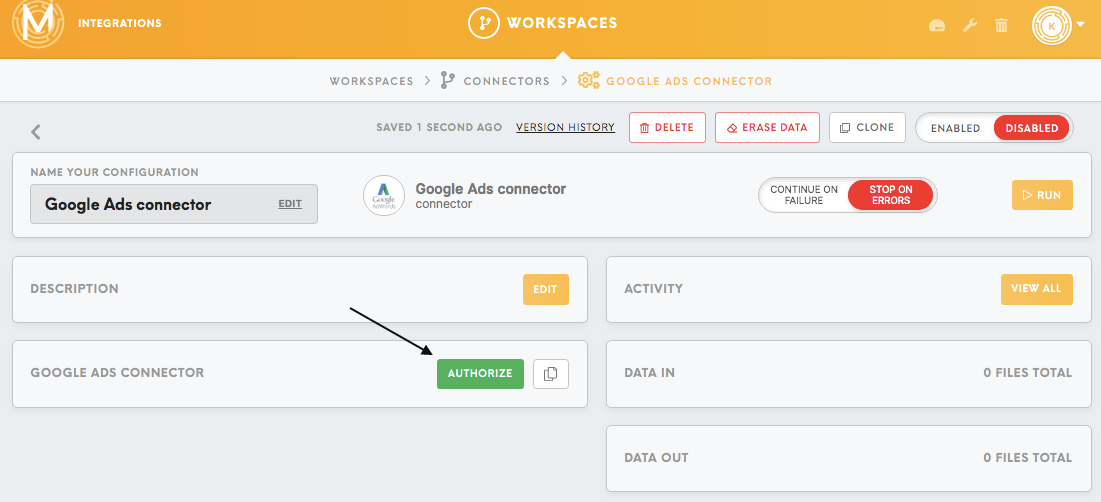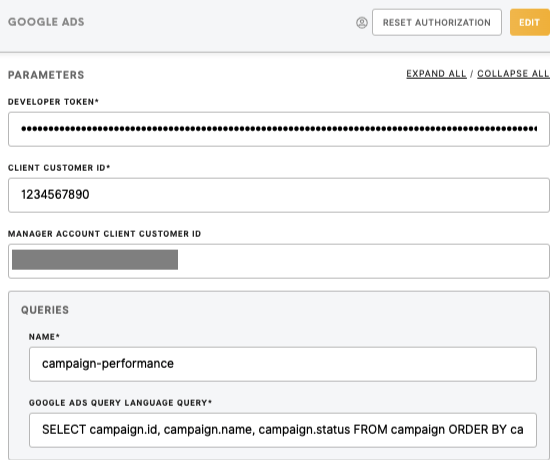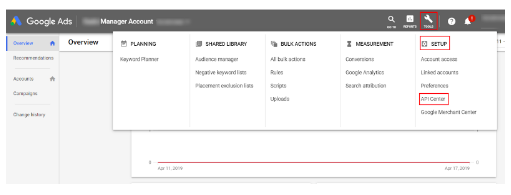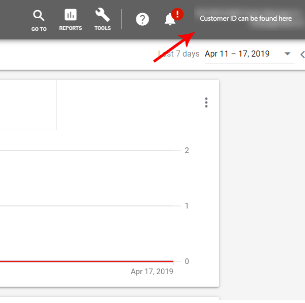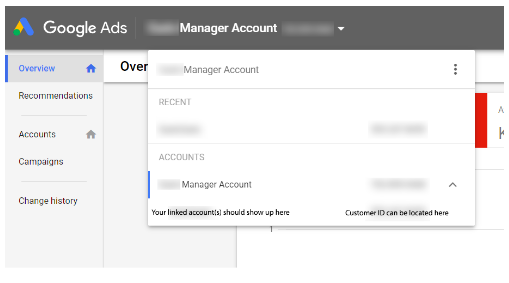Connector Google Ads
The Google Ads connector in Meiro Integrations allows you to interact with the Google Ads API and extract data from Google Ads Report. Google Ads is a pay-per-click (PPC) advertising service that offers advertisers the ability to display their ads within Google’s ad network. This article will walk you through the features of the Google Ads connector.
Requirements
To set up a Google Ads connector, you will need:
Remember: you can only obtain a developer token through a manager account. The Customer ID of the Google Ads account that you want to import Google Ads reports from.
Features
The Google Ads connector is built on the base of the Google Ads API.
The Google Ads API consists of resources and services. A resource represents a Google Ads entity, while services retrieve and manipulate Google Ads entities.
For reporting, use the SearchGoogleAdsRequest (the same as is used for searching for entities) and include stats fields in your request to generate reports.
You will need to query a GAQL statement. GAQL(Google Ads Query Language) is similar to AWQL (Ad Words Query Language) but with minor changes and uses a syntax that is similar to SQL.
Data In/ Data Out
|
Data In |
N/A |
|
Data Out |
When you’re running this configuration, data from the Google Ads API will be output into the Your queried report will be defined by the name that you provided in Query and contains the results of the GAQL query that you specified. |
Learn more: about the folder structure please go to this article.
Authorization
After creating the Google Ads connector, you will first need to authorize it to access your Google Ads account.
Parameters
| Developer Token (required) |
Your developer token must be approved before you can use it to retrieve reports from the Google AdWords API.
Learn more: about how you can obtain a token.
Your approved token can be located in your manager account by clicking on Tools > Setup > API Center.
If your developer token is pending approval, you can start developing immediately with the pending token you received during signup, using a test manager account.
|
| Client Customer ID (required) |
Specify the customer ID of the Google Ads account that you want to extract reports from. A customer ID is a ten-digit three-part code that is assigned to every Google Ads account.
You can locate this customer ID in the upper right corner of your Google Ads account.
If you are using a manager account and want to extract reports from another account that is linked to your manager account, you can locate this account’s customer ID by clicking on the manager account header on your toolbar.
A drop-down menu should appear and show you the list of Google Ads accounts linked to your manager account and their respective customer IDs.
|
| Manager Account Client Customer ID |
Manager account client customer ID is necessary if Google Ads account is managed by manager account. |
|
Name (required) |
Name of the report extracted by the user query. It should be unique for each query. |
|
Google Ads Query Language Query (required) |
Enters your GAQL query to the GoogleAdsService.SearchStream interface.
The Google Ads API has a fixed list of report types that you can choose to import. Each report type has its own list of attributes, dimensions and metrics that enables you to query granular data and create customizable reports.
You can make multiple GAQL queries in each connector but you can only extract one report per query. In each GAQL query, select the attributes, dimensions and/or metrics that you want to extract and specify the report type that you would like to extract from.
Learn more: Guide on GAQL syntax to create more specific GAQL queries. Use GAQL query Validator to test your queries before running the Connector.
|

